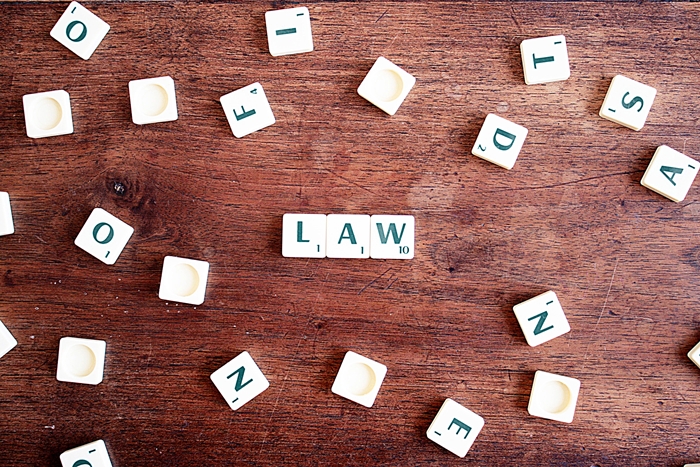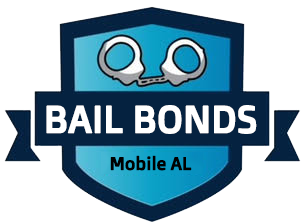
When an arrest happens, most people are caught off guard and unprepared to go through the process so it makes complete sense that a lot of the vocabulary that is often used when dealing with bail bonds and law, in general, may seem foreign. In order to help take away some of the mystery of terms you may encounter when dealing with the courts and bail bond agencies, here is a quick glossary.
Bail Bond
A bail bond is essentially an agreement that the defendant makes with the courts to appear at any and all hearings related to the charges the defendant is facing. A judge will set a cost and the defendant will pay the cost (there are a few different methods to do this) in exchange for a release from jail in the meantime.
Indemnitor
An Indemnitor is also known as a co-signer. This is a person (who is usually someone who has close ties to the defendant such as significant other or relative) who is financially ensuring that the defendant will arrive at their court hearings. While there are no criminal liabilities to becoming an indemnitor, there are financial repercussions if the defendant does not show so agreeing to sign should come with a lot of thought and caution.
Surety
A surety bond is one of the most common types of bonds that a defendant will encounter and it is one that is only obtained through using the services of a bail bond agency. With a surety bond, the agency will cover the majority of the cost and the defendant will only need to come up with about 10-15% of the actual bond cost. The catch to this is that the cost that down will not be refundable because it is considered the premium for hiring a bail bondsman.
Forfeiture
A forfeiture happens when the defendant who is due in court does not show up for their scheduled hearing and does nothing to explain or rectify the situation. When this happens, any money that was put towards a bail bond will now be seized by the courts without return and a bench warrant will be issued for the arrest of the defendant. If a bail bondsman was used, the defendant (or any indemnitors) will not only be in charge of repaying the bond cost but also any additional time and cost that goes into recovering the defendant.
Cash Bonds
Cash bonds are also an extremely common form of bail bonds. This type of bond deals directly with the courts and required the defendant to pay the entire cost of the bond upfront. The benefit of this however is that if the defendant shows up to all their hearings, the money will eventually be returned, minus any fines and fees.
Defendant
A defendant is a term used for a person who has been detained and is officially facing charges. This term comes from the fact that the defendant’s position is to defend their innocence from the charges that have been brought forth,
While this is just a quick overview of some of the vocabulary you may encounter, it will hopefully give you some basic knowledge that can relieve anxiety during the process.



